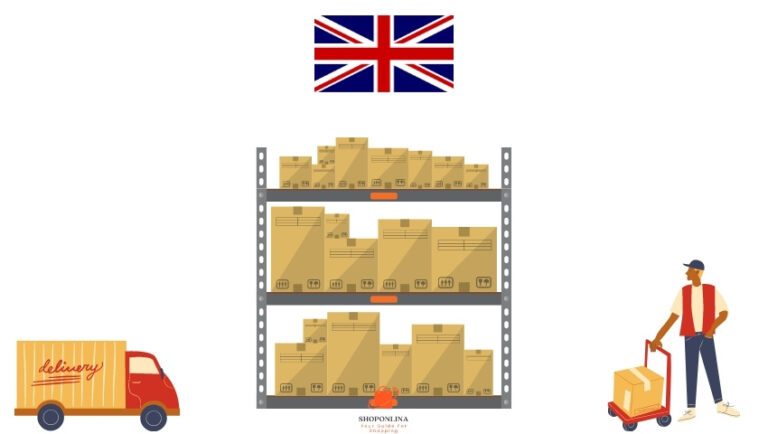UK Stock Exchange: A Comprehensive Overview 2023
The UK stock exchange has long been a cornerstone of the global financial market, with the London Stock Exchange (LSE) in particular playing a pivotal role in the international trading landscape. As an experienced investor, I can attest to the benefits and risks of investing in this dynamic market.
In this article, we’ll explore the ins and outs of the UK stock exchange, touching on its history, structure, and future outlook.

Introduction to the UK Stock Exchange
Definition and Purpose
The UK stock exchange refers to a collection of financial markets where shares of publicly traded companies are bought and sold. These markets serve several purposes:
- Facilitating capital raising for businesses
- Providing investment opportunities for individuals and institutions
- Enabling efficient allocation of resources
- Serving as a barometer of the UK economy’s health
History of the UK Stock Exchange
The history of the UK stock exchange dates back to the late 17th century. The London Stock Exchange was founded in 1801, making it one of the oldest stock exchanges in the world. It has since evolved to become a crucial player in the global financial ecosystem.
Role in the Global Financial Market
The UK stock exchange is a key financial center, attracting investors and companies from around the world. As of 2021, it was ranked as the sixth-largest stock exchange by market capitalization, showcasing its significance in the international arena.

Structure of the UK Stock Exchange
London Stock Exchange (LSE)
The LSE is the primary stock exchange in the UK, consisting of two main segments:
- Main Market: This segment caters to well-established, large-cap companies. It has stringent listing requirements, including financial reporting and corporate governance standards.
- Alternative Investment Market (AIM): AIM is designed for smaller, high-growth companies with less stringent listing requirements. It offers a more flexible regulatory environment to encourage growth and innovation.
Other Regional Stock Exchanges
In addition to the LSE, the UK has a few other regional stock exchanges:
- NEX Exchange: A stock exchange focused on small and medium-sized enterprises (SMEs), offering growth and capital raising opportunities.
- Aquis Exchange: A pan-European stock exchange that operates a subscription-based pricing model and innovative trading platform.
Regulatory Bodies
Two main regulatory bodies oversee the UK stock exchange:
- Financial Conduct Authority (FCA): The FCA is responsible for regulating conduct within the financial services industry, including stock exchanges.
- Prudential Regulation Authority (PRA): The PRA is tasked with maintaining the stability and resilience of financial institutions, including banks and insurers.
Listing and Trading Process
Initial Public Offering (IPO)
An IPO is the process through which a company raises capital by issuing shares to the public for the first time. The steps for conducting an IPO in the UK include:
- Appointing financial advisors and underwriters
- Preparing a prospectus and other necessary documentation
- Obtaining regulatory approval
- Pricing the shares and allocating them to investors







